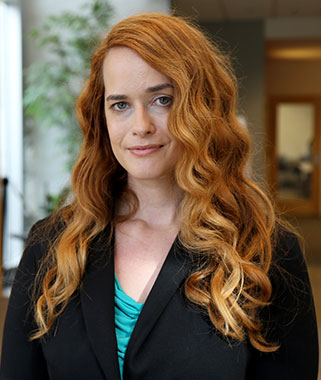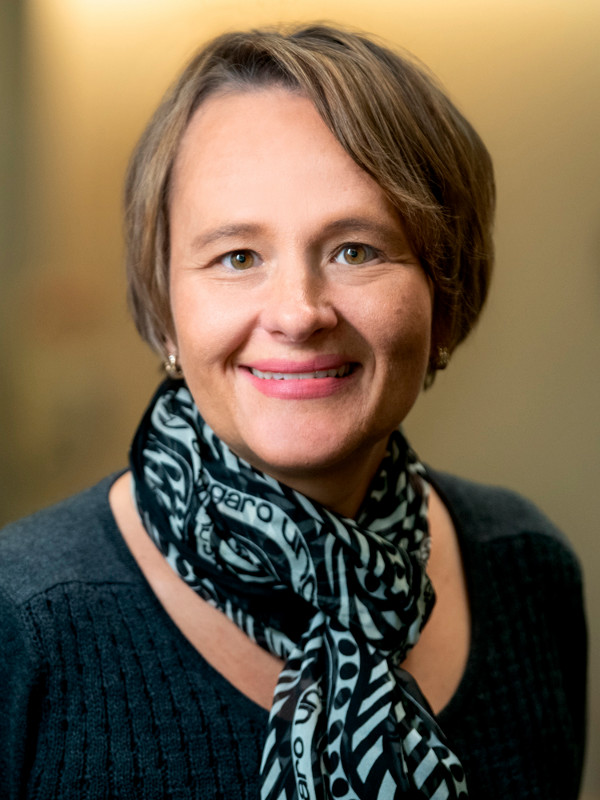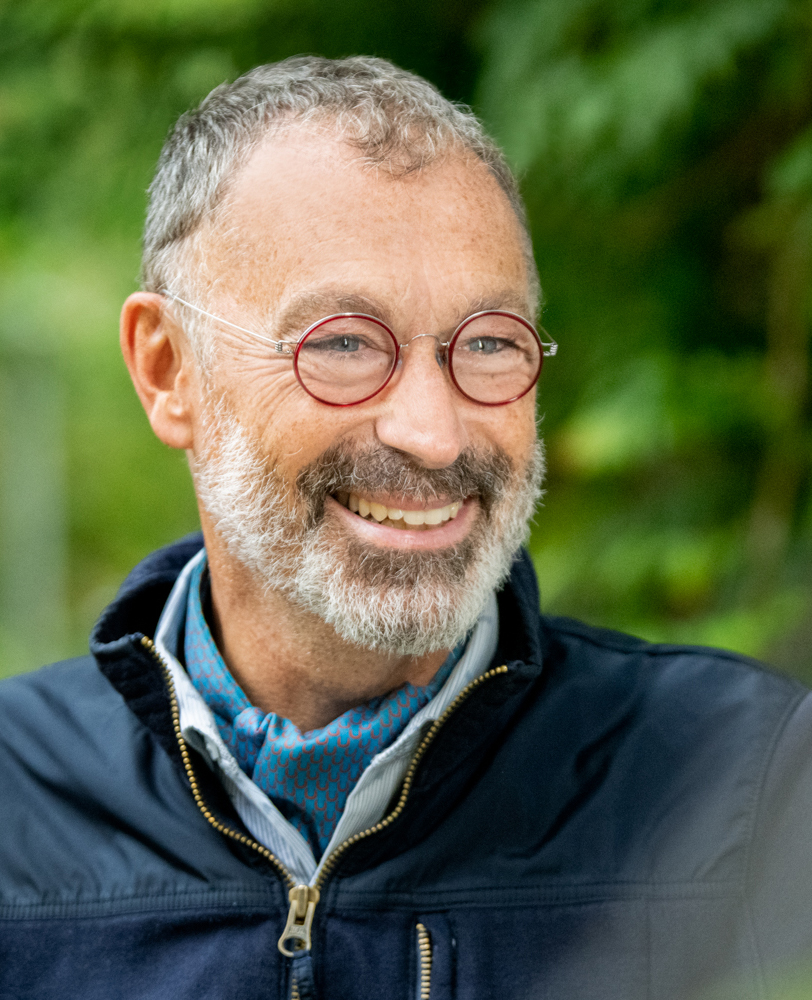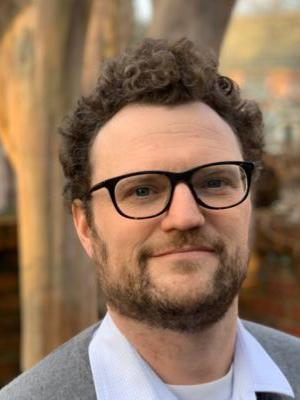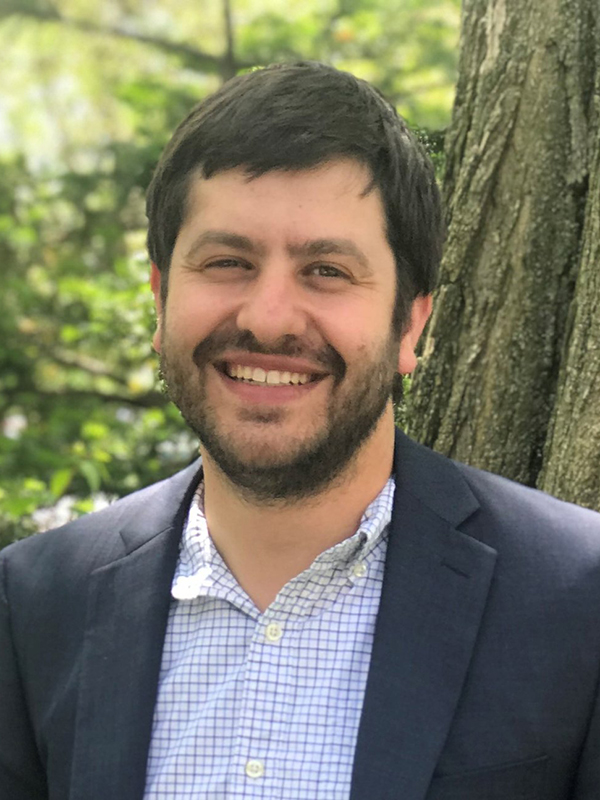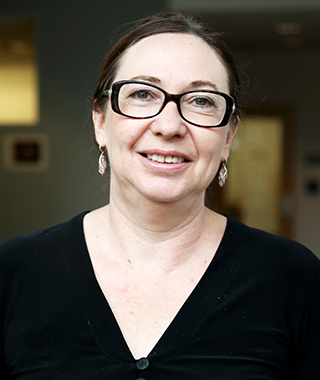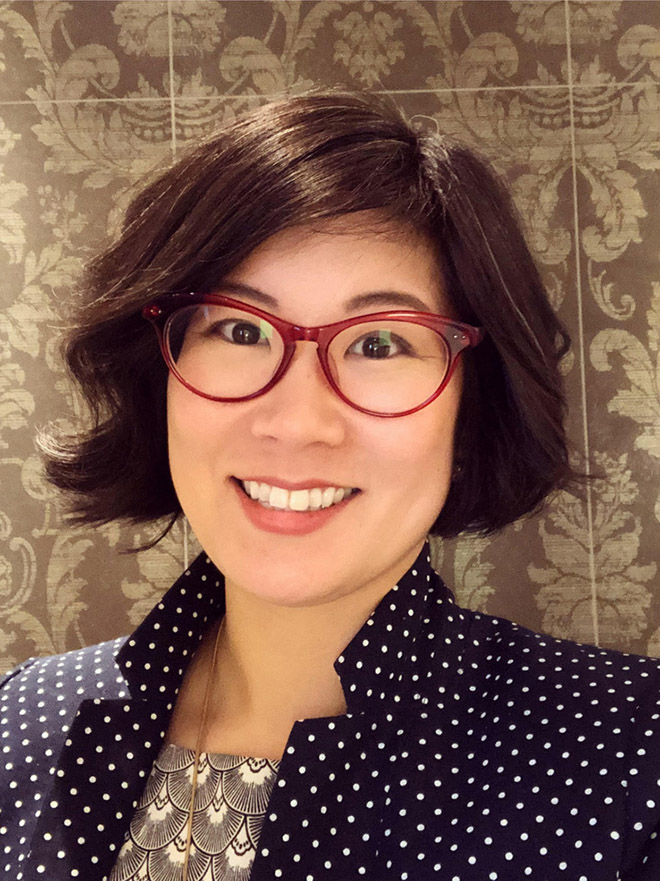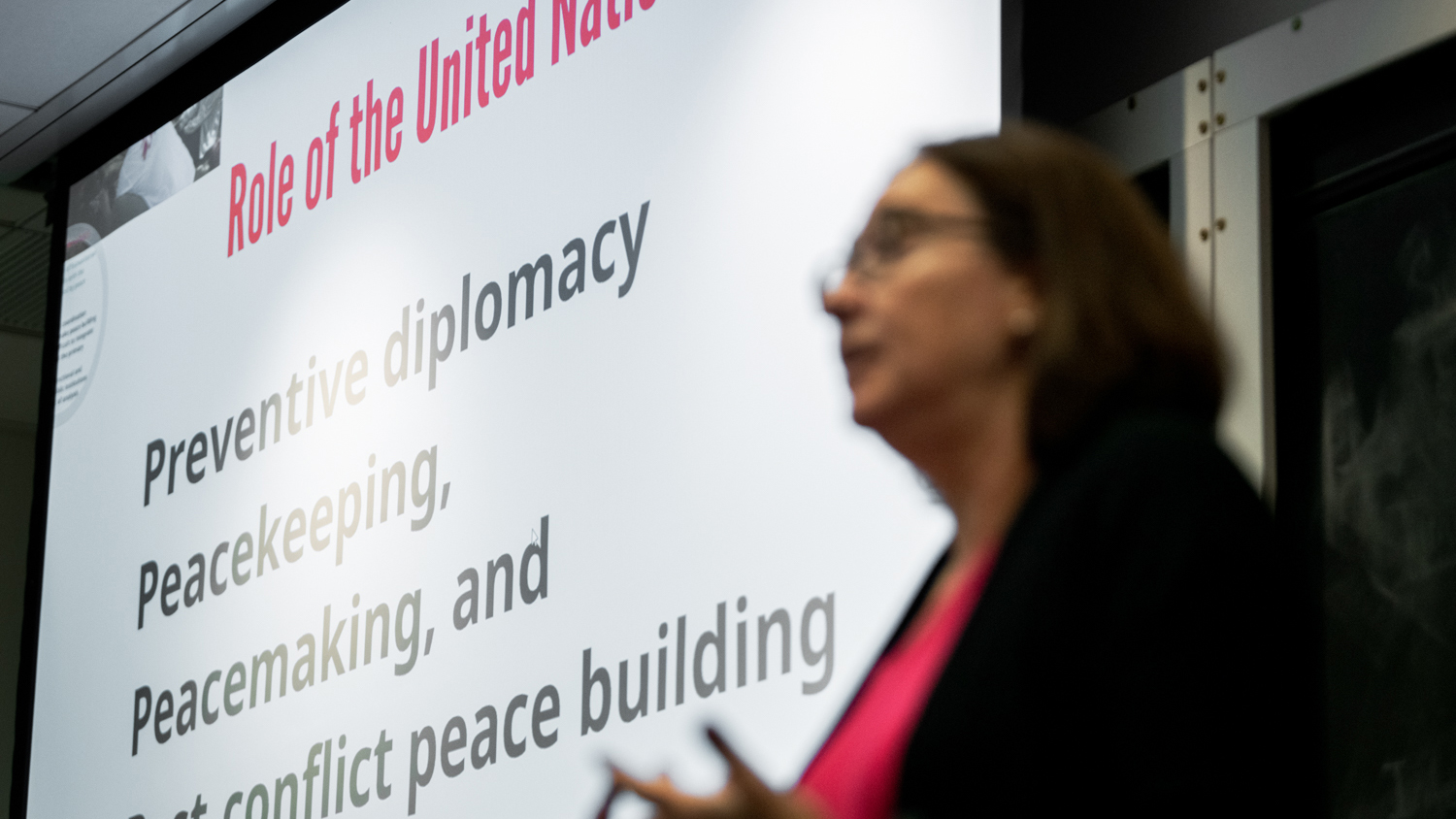
The faculty for the Master's Program in Conflict Resolution and Coexistence consists of experts in the fields of international politics, human rights, ethnic conflict, culture, civil society movements, race relations and dialogue and mediation processes. They are drawn from both Brandeis University and neighboring academic institutions in the Boston area. In addition, the program utilizes visiting international faculty and draws upon the experience of international experts from many of the governmental, intergovernmental and nongovernmental organizations working in the field of conflict.

